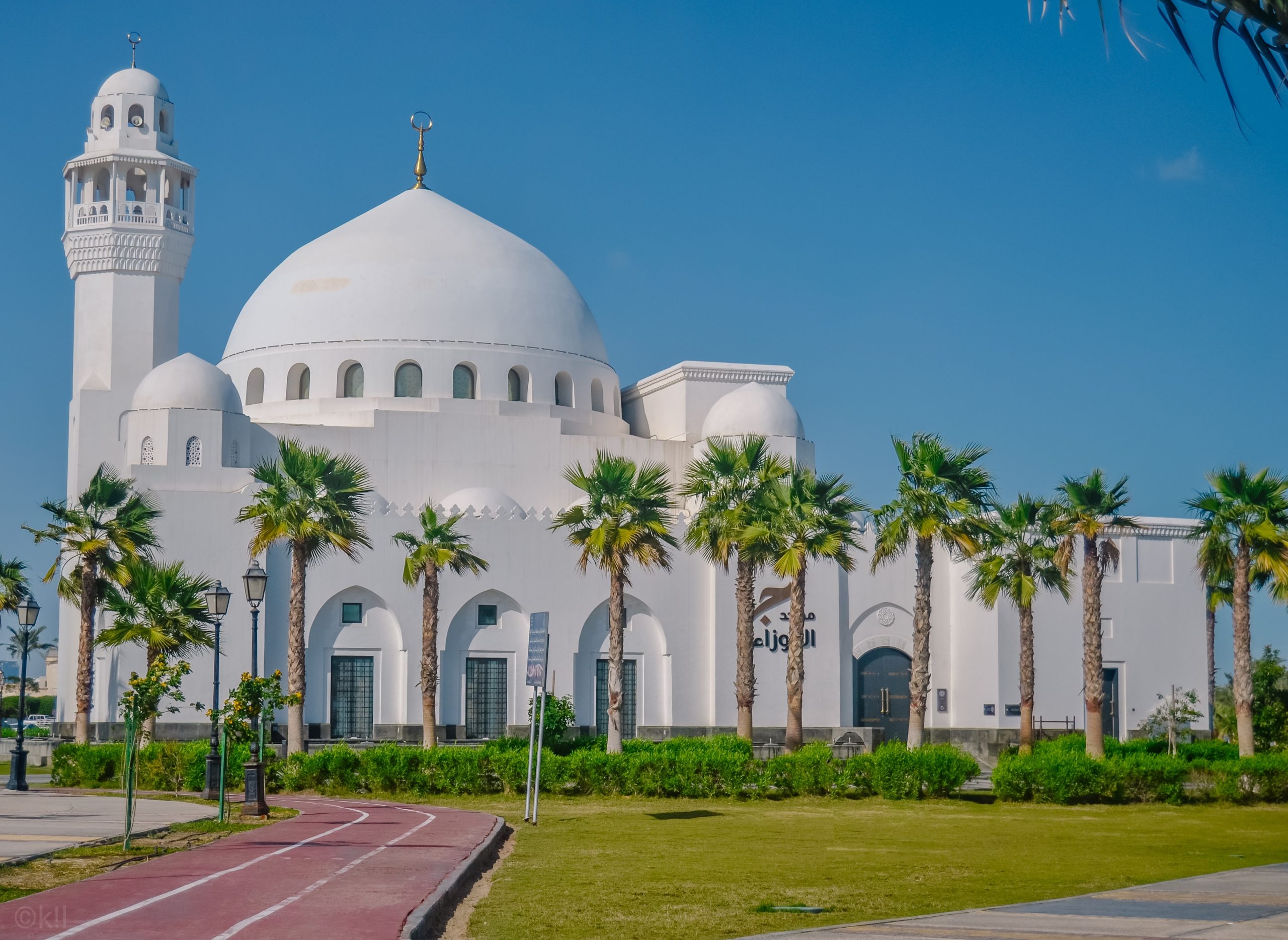Markets resting on their laurels are ripe for disruption. Famously, the tourism real-estate market had operated hotels and resorts in the same fashion for decades: with prefab models like the ‘hostel,’ ‘motel,’ ‘travel-inn,’ ‘hotel’ and luxury destinations like the Ritz setting the tone.
Comparison sites, and then Airbnb, radically changed the face of the market. Efficiencies were found, structures were streamlined, branding updated, and new customer demographics recognized.
All this happened in Western tourist markets in the 2010s. The change was heralded by drops in plane fares and increasing disposable income regained after the 2008 banking crisis.
Saudi Arabia is at such a crossroads. It recently opened up to tourism in 2019 but had to close down again due to COVID.
The country now has a second opportunity to open up to the world. This comes with a chance to gain a first-mover advantage which can be transformed into a comparative advantage on the world stage. How can this be achieved? In short, the private real-estate market needs to avoid falling into old habits and understandings.
Tourism infrastructure in the Kingdom needs to be cutting-edge. Younger generations across Saudi Arabia, Western and Chinese markets all expect resorts to build communal, luxurious, ethical, sustainable, and authentic identities. Young buyers, renters, and tourists are increasingly looking to find ‘urban magnets’ — places that pull you in rather than just existing; chic neighborhoods rather than unfeeling estates.
The huge, prefabricated single-use residential resorts of the 20th century now look characterless and isolating to many. And with Saudi Arabia’s recent commitment to net-zero carbon emissions by 2060 — old building materials and unsympathetic designs that clash with the landscape will increasingly need to be replaced with the best in environmental and situational design.
In the Kingdom, a potent combination of the traditional and futuristic is perfectly placed to offer both authentic cultural experiences and innovative entertainment. The country must ensure that it has the infrastructure to follow through on its vision. The last few years have set the stage for a transformation in the real estate market.
For instance, in 2019, tourism chief, Ahmed al-Khateeb declared “a historic moment for our country” — before announcing that easily available tourist visas would for the first time become available to those wishing to visit Saudi Arabia for reasons other than Hajj or Umrah.
Visas were to be processed in seven minutes and 49 countries were set to be welcomed via the new system including the USA and UK. A host of reforms initiated by HRH the Crown Prince, such as desegregating restaurants, cinemas, concerts, and the famous Jeddah Grand Prix should help attract foreign tourists and direct investment (FDI).
As part of Vision 2030, tourism is slated to make up 10% of GDP by said date — helping the Kingdom diversify away from oil and offer its young populace exciting and dynamic employment opportunities. Over $7 trillion in government spending and private investment has been set out to achieve these goals.
A large part of this funding is going towards what have been called Saudi Arabia’s ‘Giga Projects.’ Taking influence from signature mixed-use developments, such as New York’s Hudson Yards development and London’s King’s Cross redevelopment that hosts giants like Google, Saudi Giga projects like NEOM, Amaala, and Qiddiya have been launched to attract both business, tourism, the arts, and workers.
Previous stand-alone projects like the Jeddah Tower and King Fahd’s Fountain are testaments to Saudi Arabia’s economic growth — but they are not the integrated and dynamic mixed-use places that the future generation desire. The Giga projects aim to provide a new template focusing on infrastructure that will make tourism and hospitality feel seamless and authentic.
Meshaal bin Omairh, Group CEO of Al Othaim Investment Co., which is one of Saudi Arabia’s largest mall operators, said that “mixed-use retail space is the future of the real-estate industry in the Kingdom and abroad. Incorporating a variety of entertainment venues into shopping centres will drive footfall and consumer spending, while also appealing to domestic and foreign visitors”.
As Arabian Business notes, the ‘Giga Projects’ are accelerating the growth of a whole new ‘super prime’ luxury real-estate market tailored to discerning tourists and residents: both ex-pat and Saudi across the country.
Of course, Saudi Arabia also has an equally important past and antiquities such as Mada’in Salih, the great gated carved tombs of the lost Nabataean Kingdom, will hopefully come to rival archaeological sites like Petra in neighboring Jordan. The real-estate market will need to respond to increased tourist demand with sensitive, place-appropriate, and sustainable developments that allow access to our history while preserving it.
The good news is that both the real estate and tourist markets are doing well and recovering from the pandemic. In March 2021, Euromonitor International estimated that inbound tourism spending in Saudi Arabia would reach $25.3 billion by 2025. The government is backing this growth and aiming for 50 million foreign tourist visits in 2022. Last Fall, the CBRE Group reported that the Saudi hospitality sector was poised for a “significant rebound.” The report mentioned that while office rents were struggling to regain pre-pandemic levels, tourism revenues were increasing in reaction to the resumption of scheduled events like Riyadh Season.
This growth is good news. The promise of a new Saudi tourism sector, delayed by COVID, must be resumed. The Kingdom has a unique opportunity within the hospitality real-estate sector to help curate this impression to the rest of the world. Pioneering developments that embrace a mixed-use philosophy, sustainable building practices, and cutting-edge entertainment capacities will help the impression stick.



 Bitcoin
Bitcoin  Ethereum
Ethereum  Tether
Tether  XRP
XRP  USDC
USDC  Solana
Solana  Cardano
Cardano  TRON
TRON  Lido Staked Ether
Lido Staked Ether  Toncoin
Toncoin  Avalanche
Avalanche